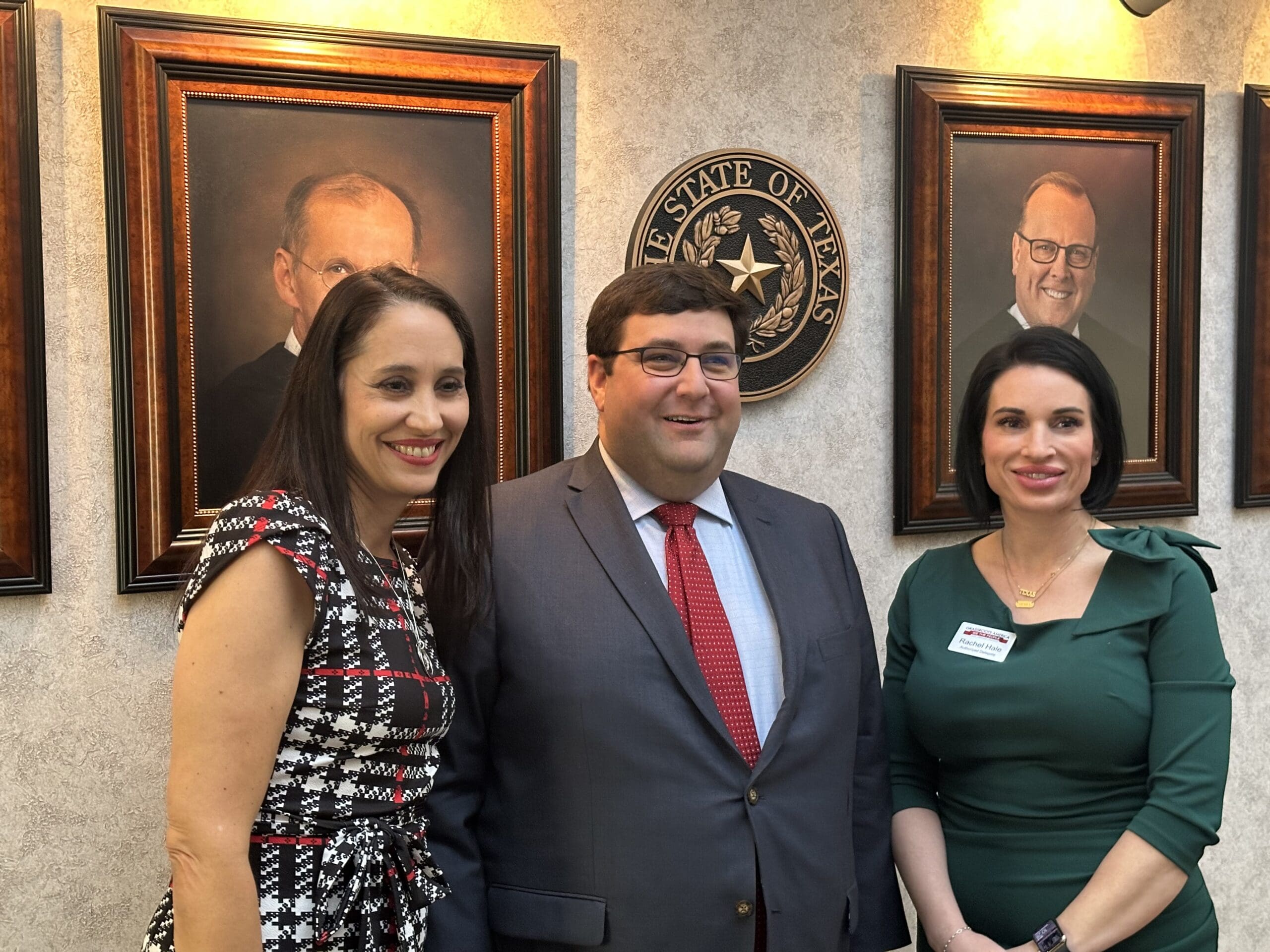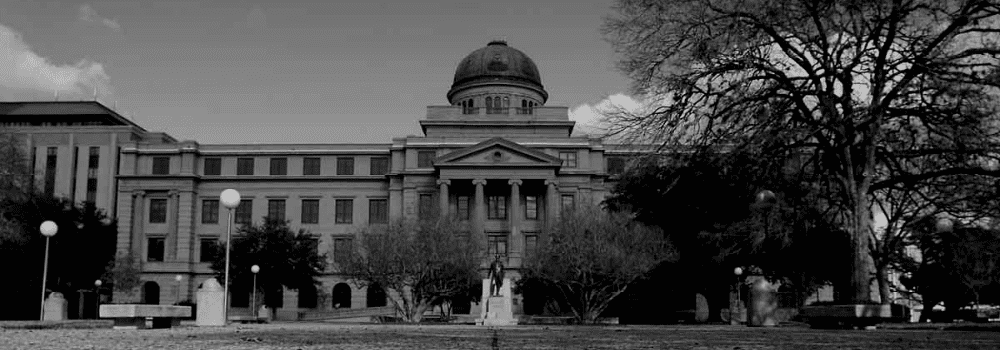Texans fed up with property taxes got a glimmer of hope last night in the Texas House. The measure on the agenda? HB 506 by Eddie Rodriguez (D-Austin) which would have permitted school property tax rates to rise up to an additional 10 cents per $100 of valuation.
After being postponed a whopping seven times to provide time for Democrats and liberal Republicans attempting to whip votes for passage, property tax hikes were defeated resoundingly. When the dust settled, the unofficial vote count shows 92 state representatives voted in opposition.
Hilariously, of the five Republicans who voted for the bill in Committee, only one of them maintained his support on the floor, liberal Public Education Chairman Jimmie Don Aycock of Killeen.
State Rep. David Simpson (R-Longview) even touched on the unpopularity of the bill from the back microphone. On one of Rodriguez’s motions to postpone, Simpson noted wryly that the bill could always be postponed to after the end of the session which would have killed it then and there.
“I think an hour will be sufficient,” replied a stone-faced Rodriguez.
It wasn’t.
Perhaps House Republicans realized exactly what was at stake. Earlier in the session, members took a proxy vote on property tax relief by instructing budget conferees to refrain from discussing the Senate’s proposal to cut property taxes. If they had voted for HB 506, not only would lawmakers create a record of standing in the way of property tax relief, but also supporting property tax increases.
The same taxes that 54% of Texans believe are too high already.
Though the tax hikes would have allowed lawmakers to further cozy up to liberal education lobbyists and teacher unions, such an assault on taxpayers would have surely been remembered by Texans at the ballot box. As Speaker Straus said himself, “their scorecard is the only one that matters.”





